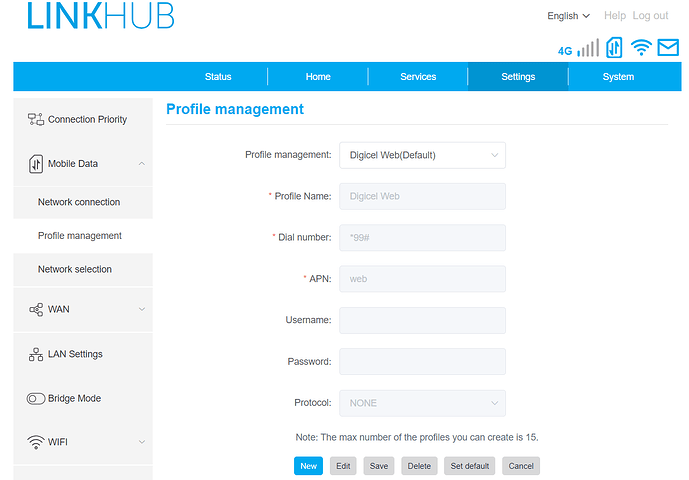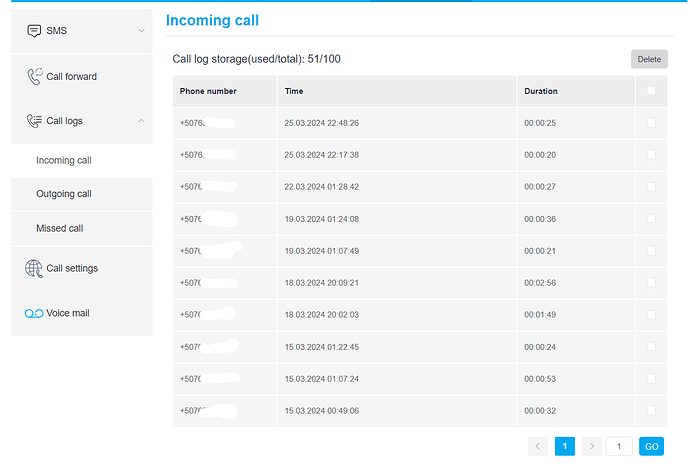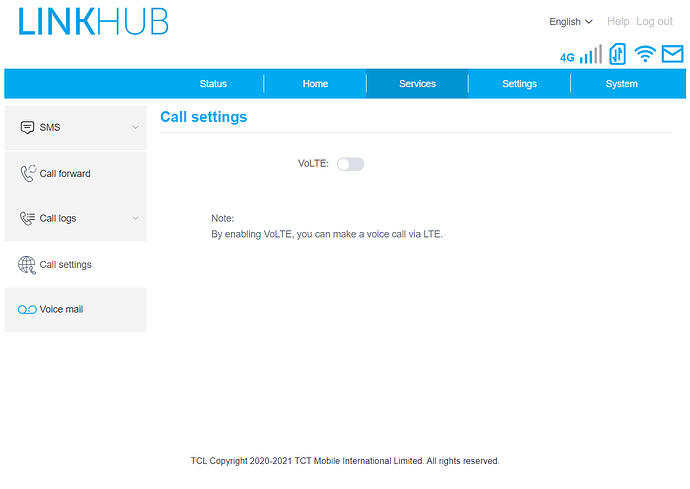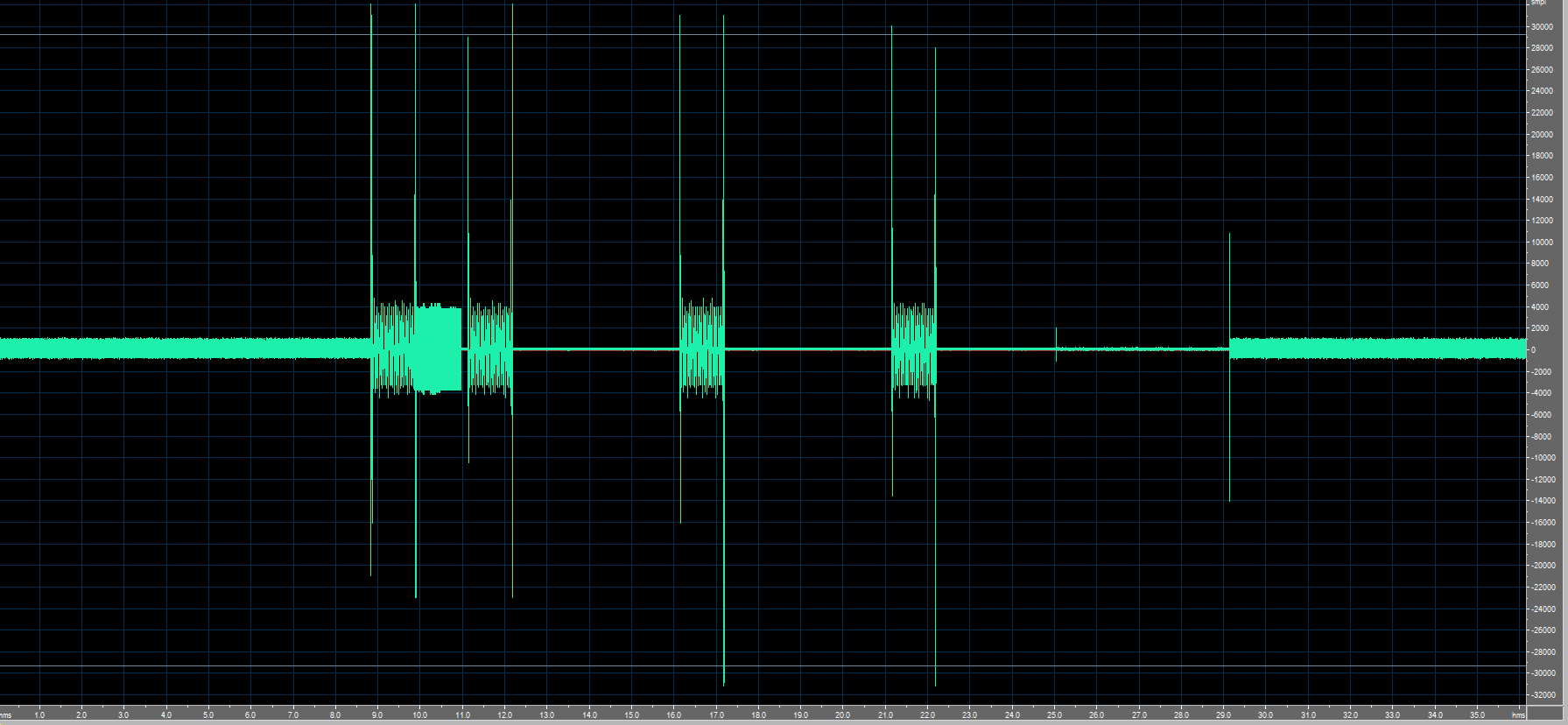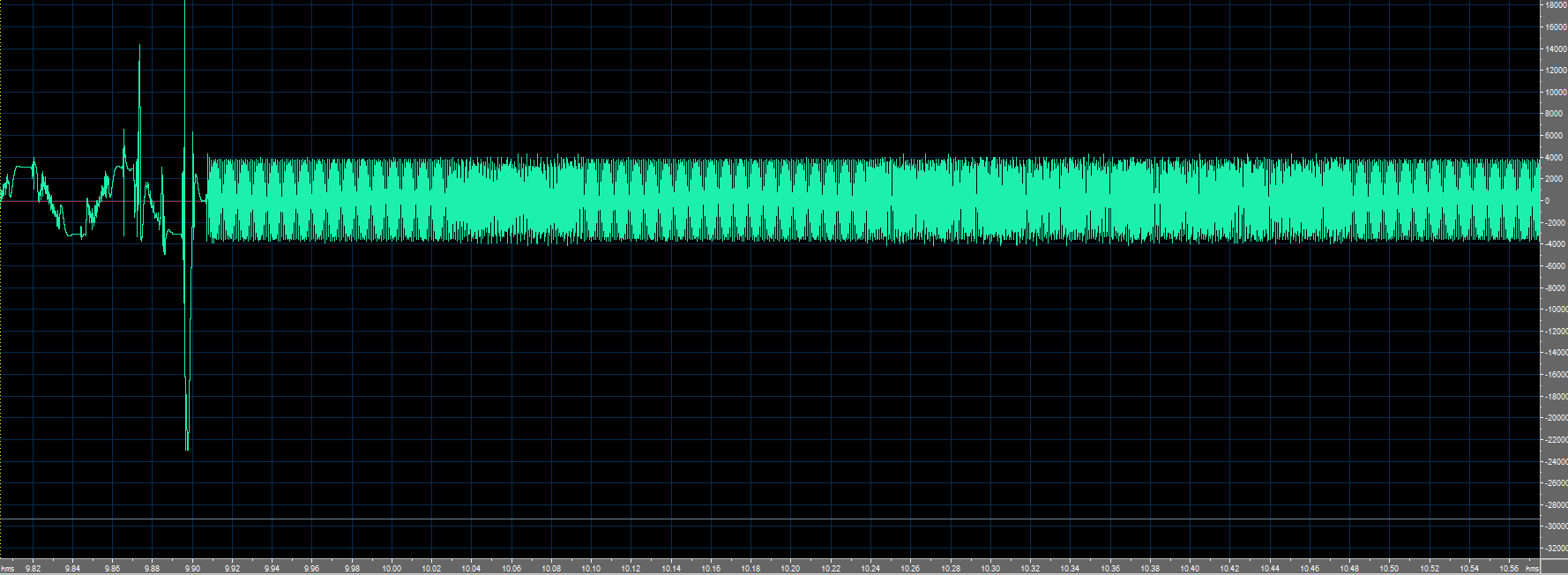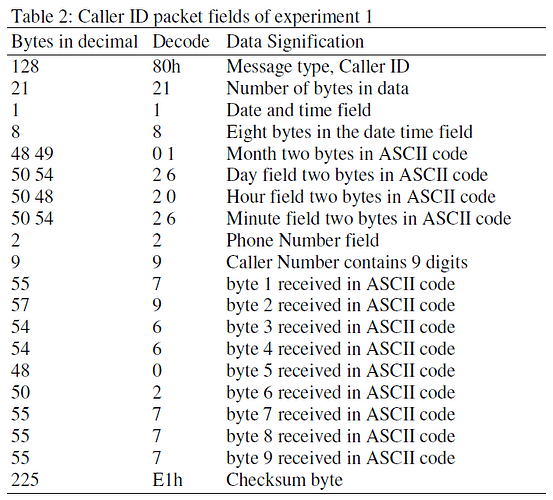Btw, just made another test call with debugging enabled, and your concern regarding the off-hook signal might be just the cause of this whole issue, this time, the log threw a warning just after the “EVENT_RINGBEGIN” that it must wait for the Caller ID and inmediately after, it got the “EVENT_RINGOFFHOOK” signal.
[2024-03-31 02:52:14] DEBUG[2737]: chan_dahdi.c:11896 do_monitor: Monitor doohicky got event Ring Begin on channel 3
[2024-03-31 02:52:14] DEBUG[2737]: sig_analog.c:3729 analog_handle_init_event: channel (3) - signaling (5) - event (ANALOG_EVENT_RINGBEGIN)
[2024-03-31 02:52:14] WARNING[2737]: sig_analog.c:3741 analog_handle_init_event: Can't start PBX immediately, must wait for Caller ID / distinctive ring
[2024-03-31 02:52:15] DEBUG[2737]: chan_dahdi.c:11896 do_monitor: Monitor doohicky got event Ring/Answered on channel 3
[2024-03-31 02:52:15] DEBUG[2737]: sig_analog.c:3729 analog_handle_init_event: channel (3) - signaling (5) - event (ANALOG_EVENT_RINGOFFHOOK)
[2024-03-31 02:52:15] DEBUG[2737][C-00000001]: channel_internal_api.c:703 ast_channel_nativeformats_set: <initializing>: Formats: (none)
[2024-03-31 02:52:15] DEBUG[2737][C-00000001]: channel_internal_api.c:713 ast_channel_nativeformats_set: Channel is being initialized or destroyed
[2024-03-31 02:52:15] DEBUG[2737][C-00000001]: stasis.c:580 stasis_topic_create_with_detail: Creating topic. name: channel:1711853535.0, detail:
[2024-03-31 02:52:15] DEBUG[2737][C-00000001]: stasis.c:614 stasis_topic_create_with_detail: Topic 'channel:1711853535.0': 0x7f6cac004300 created
[2024-03-31 02:52:15] DEBUG[2737][C-00000001]: channel.c:949 __ast_channel_alloc_ap: Channel 0x7f6cac001710 'DAHDI/3-1' allocated
[2024-03-31 02:52:15] DEBUG[2737][C-00000001]: channel_internal_api.c:703 ast_channel_nativeformats_set: DAHDI/3-1: Formats: (ulaw)
[2024-03-31 02:52:15] DEBUG[2737][C-00000001]: channel_internal_api.c:721 ast_channel_nativeformats_set: New topology set
[2024-03-31 02:52:15] DEBUG[2694]: stasis.c:580 stasis_topic_create_with_detail: Creating topic. name: channel:1711853535.1, detail:
[2024-03-31 02:52:15] DEBUG[2694]: stasis.c:614 stasis_topic_create_with_detail: Topic 'channel:1711853535.1': 0x7f6d50002530 created
[2024-03-31 02:52:15] DEBUG[2737][C-00000001]: dsp.c:510 ast_tone_detect_init: Setup tone 1100 Hz, 500 ms, block_size=160, hits_required=21
[2024-03-31 02:52:15] DEBUG[2737][C-00000001]: dsp.c:510 ast_tone_detect_init: Setup tone 2100 Hz, 2600 ms, block_size=160, hits_required=116
[2024-03-31 02:52:15] DEBUG[2737][C-00000001]: dsp.c:1797 ast_dsp_set_busy_pattern: dsp busy pattern set to 0,0,0,0
[2024-03-31 02:52:15] DEBUG[2694]: stasis.c:443 topic_dtor: Destroying topic. name: channel:1711853535.1, detail:
[2024-03-31 02:52:15] DEBUG[2694]: stasis.c:451 topic_dtor: Topic 'channel:1711853535.1': 0x7f6d50002530 destroyed
[2024-03-31 02:52:15] DEBUG[2694]: res_odbc.c:965 _ast_odbc_request_obj2: Reusing ODBC handle 0x1bf2680 from class 'asteriskcdrdb'
[2024-03-31 02:52:15] DEBUG[2682]: devicestate.c:466 do_state_change: Changing state for DAHDI/3 - state 2 (In use)
[2024-03-31 02:52:15] DEBUG[2694]: cel_odbc.c:782 odbc_log: Executing SQL statement: [INSERT INTO cel (eventtype, eventtime, cid_name, cid_num, cid_ani, cid_rdnis, cid_dnid, exten, context, channame, appname, appdata, amaflags, accountcode, uniqueid, linkedid, peer, userdeftype, extra) VALUES ('CHAN_START', {ts '2024-03-31 02:52:15.439706'}, '', '', '', '', '', 's', 'from-analog', 'DAHDI/3-1', '', '', 3, '', '1711853535.0', '1711853535.0', '', '', '')]
[2024-03-31 02:52:15] DEBUG[10051]: sig_analog.c:1742 __analog_ss_thread: __analog_ss_thread 3
-- Starting simple switch on 'DAHDI/3-1'
[2024-03-31 02:52:15] DEBUG[2771]: app_queue.c:2721 device_state_cb: Device 'DAHDI/3' changed to state '2' (In use) but we don't care because they're not a member of any queue.
[2024-03-31 02:52:15] DEBUG[2694]: res_odbc.c:808 ast_odbc_release_obj: Releasing ODBC handle 0x1bf2680 into pool
[2024-03-31 02:52:25] DEBUG[10051][C-00000001]: pbx.c:2939 pbx_extension_helper: Launching 'NoOp'
-- Executing [s@from-analog:1] NoOp("DAHDI/3-1", "Entering from-dahdi with DID == ") in new stack
[2024-03-31 02:52:25] DEBUG[10051][C-00000001]: pbx.c:2939 pbx_extension_helper: Launching 'Ringing'
-- Executing [s@from-analog:2] Ringing("DAHDI/3-1", "") in new stack
... continues ...
If this is the issue, would it be possible to add a delay on FreePBX? Or this might be due to a wrong config somewhere that is causing the signal to go off-hook.
